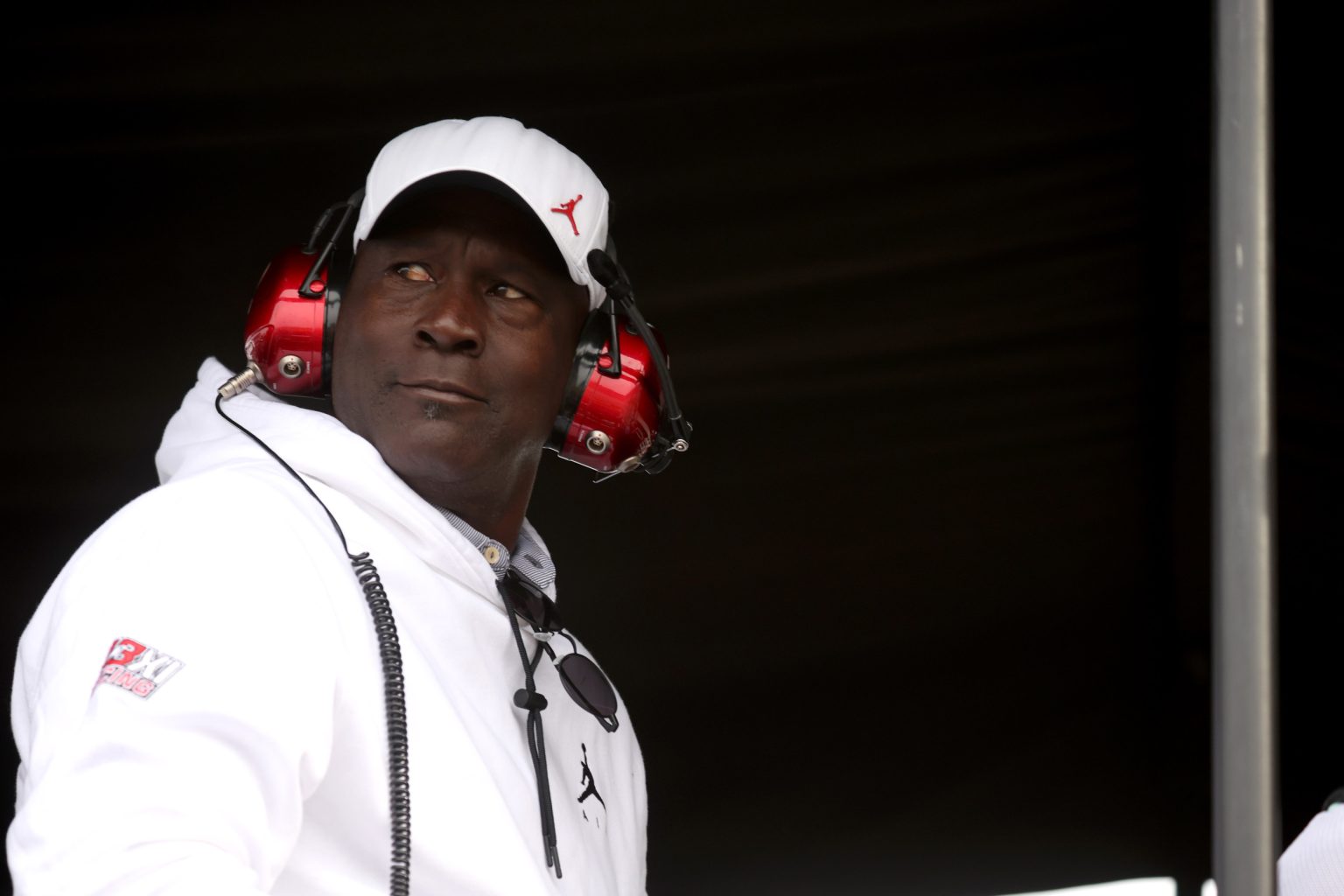The heart of this legal battle revolves around NASCAR’s charter system, a framework designed to provide stability and financial security to participating teams. Charters guarantee entry into races, ensuring consistent revenue streams and fostering long-term planning. However, the system has come under scrutiny for clauses that seemingly restrict teams from taking legal action against NASCAR, sparking antitrust concerns. 23XI Racing and Front Row Motorsports, two prominent NASCAR teams, challenged these restrictive clauses, arguing they stifle competition and unfairly limit teams’ rights. Their refusal to renew charter agreements containing these clauses led to a lawsuit against NASCAR and its chairman, Jim France, alleging monopolistic practices and undue limitations on team operations.
The legal proceedings took a significant turn when Judge Kenneth D. Bell granted a preliminary injunction in favor of the racing teams. This injunction allowed 23XI Racing and Front Row Motorsports to sign 2025 charter agreements without the contested non-competition clauses. Critically, it also paved the way for them to acquire charters from Stewart-Haas Racing (SHR) under terms comparable to other charter teams. This decision represents a victory for the teams, enabling them to secure their participation in the 2025 season while continuing their legal challenge against NASCAR’s practices. Judge Bell’s ruling underscored the court’s disapproval of NASCAR’s attempts to delay charter transfers, indicating a potential violation of antitrust law.
The dispute over charter acquisitions further intensified with NASCAR’s attempts to impede the transfer process. Judge Bell’s firm stance against these delays, particularly concerning Front Row Motorsports’ acquisition, signaled the court’s commitment to upholding the teams’ rights. While Front Row Motorsports received immediate approval for their charter transfer, 23XI Racing needed to resubmit their request for the SHR charter, a procedural matter stemming from the initial injunction focusing on Front Row Motorsports. Nevertheless, Judge Bell assured prompt consideration of 23XI Racing’s request, emphasizing the court’s dedication to resolving the matter expeditiously.
The legal battle between NASCAR and the racing teams has exposed underlying tensions regarding the balance of power within the sport. The teams, represented by 23XI Racing and Front Row Motorsports, contend that NASCAR’s practices stifle competition and create an uneven playing field. Their lawsuit challenges the notion that NASCAR’s charter system, while providing stability, also serves as a tool to suppress dissent and limit teams’ ability to advocate for their interests. The teams’ criticism of NASCAR’s legal tactics, characterizing them as “tired, familiar, and shrill,” reflects the growing frustration with what they perceive as an attempt to maintain control through legal maneuvering rather than addressing the core issues at hand.
NASCAR, on the other hand, defends its charter system as a necessary mechanism to ensure the long-term viability and competitiveness of the sport. They argue that the system provides financial stability to teams, fosters closer competition, and ultimately enhances the overall appeal of NASCAR racing. The organization maintains that its practices are designed to benefit all stakeholders and contribute to the continued growth and success of the sport. However, the lawsuit has forced NASCAR to confront allegations of monopolistic behavior, raising questions about the extent of its control over teams and the potential for abuse of power.
The ongoing legal proceedings have far-reaching implications for the future of NASCAR. The outcome of this antitrust lawsuit will likely reshape the relationship between NASCAR and its participating teams, potentially altering the charter system and redefining the balance of power within the sport. The upcoming appeal hearing in January 2025 will be a crucial moment in this legal battle, providing an opportunity for both sides to present their arguments and for the court to further clarify its position on the contentious issues at stake. The judge’s scrutiny of NASCAR’s “release to race” requirement, deeming it a potential violation of antitrust law, underscores the seriousness of the allegations and the potential for significant changes in how NASCAR operates. The lawsuit’s outcome will not only impact the teams directly involved but could also set a precedent for future interactions between NASCAR, its teams, and other stakeholders, influencing the overall landscape of the sport.


